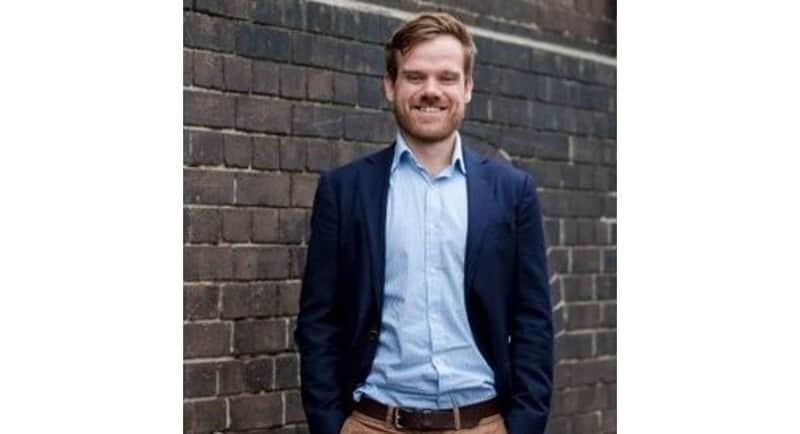Omnicom Media Group (OMG) COO Philip Pollock joined IAB CEO Gai Le Roy and AANA director of policy and regulatory affairs Megan McEwin at the Interactive Advertising Bureau (IAB) Digital Ad Ops conference last month.
In their panel, the trio discussed transparency in programmatic transactions.
Pollock spoke to Mediaweek about the impact of programmatic transactions on media agencies, the future of programmatic buying and automation, as well as the challenges facing the industry.
Programmatic transactions and media agencies
Pollock, who represented the MFA at the event, said that media agencies won’t be directly affected by programmatic transactions but rather what they can supply and get to their advertisers.
“Advertisers have been – for a number of years – pressurising media, media agencies, and ad tech vendors to understand and give more visibility into the ad tech supply chain,” he said.
Pollock noted that the pressure from advertisers has helped solve that issue but that it also relies on how ad tech partners work with each other.
“When we look at this working group – the IBA, AANA and MFA – the MFA and the AANA are coming from a very similar point of view of unpacking and giving advertisers more access and transparency in that supply chain,” he added.
The future of programmatic buying and automation
Pollock shared that he has an optimistic view of the future of programmatic buying and automation in the industry.
“I think the future is very healthy. I think it’s going through a very big turning point, particularly around identity and privacy,” he said.
“There is a big unknown if we’re brutally honest about the future. We’re very dependent on Google’s solution, Topics API. That is going to govern what we can and can’t do in the programmatic space,” he added.
The Omnicom Media Group COO noted that outside of Topics API, he did not believe it would be the end of programmatic buying or behavioural buying.
“When we look at how we previously target from a conceptual perspective, we are probably going to see a renaissance in contextual based targeting, in which programmatic automation plays a huge part.
Pollock said a benefit of programmatic has always been giving control back to the advertiser or a media agency of how that activity is run.
“Before, when we think about IO buying, prior to programmatic, all those controls, all those levers were being put in the hands of publishers. Programmatic allowed media agencies and advertisers to have that control.
“So, they still have that ability to have a better understanding and control of where ads are placed. For me, programmatic will always have a place in a media agency and an advertising schedule,” he added.
Challenges in the industry
The industry faces some challenges, and Pollock said that the number one and most talked about is the talent shortage.
“The talent shortage puts pressure on the current industry, from a media side, client, in-house and ad tech. Particularly in Australia, but globally, that lack of talent puts more pressure on more junior people to do more tasks.”
Pollock said that a subsequent challenge is retaining talent and keeping them engaged and motivated to stay on with a clear career path.
The COO noted that promoting staff and increasing salaries as appropriate is well and fine. It instead should be approached cautiously and not done too quickly as it leads to burnout, and fostering talent to keep them in the industry should be prioritised.
Pollock said: “Omnicom Media Group, whom I work for, in collaboration with the MFA, is honing on that and how we can create academies, how we can create training programmes, how we look after people’s mental health.
“It is the number one priority in what we do,” he added.
See also: IAB CEO Gai Le Roy discusses the future of data and solving the talent shortage
Pollock shared that there is currently a massive push for innovation that is less reliant on old technology, whether an identifier or within a cookie-based solution.
He explained that companies could go down a path of producing their own functionality and methodology, which creates different types of innovative ideas.
“The hope is, at some point, when we realise which ones are working and which ones don’t, we have one or two ways of working, which will kind of help from a media buying perspective.
“We can still have that scalability, ease of planning, ease of using, and selecting different technologies, rather than looking at the landscape in a completely fragmented way, which is what is currently being proposed,” he added.
